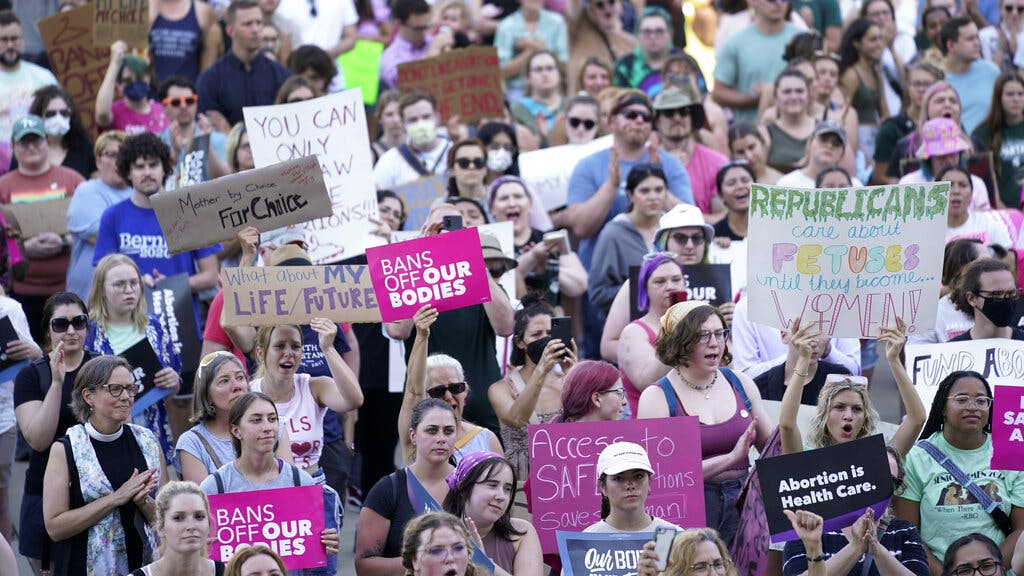
Final Release of Epstein Files Details Ties to Tech Titans and Top Officials but Fails To Satisfy Critics
By JOSEPH CURL
|Whitmer was able to effectively create a public image of her opponent that Dixon ‘did not have the ability to counteract.’

Already have a subscription? Sign in to continue reading

By JOSEPH CURL
|
By JAMES BROOKE
|
By CAROLINE McCAUGHEY
|$0.01/day for 60 days
Cancel anytime
By continuing you agree to our Privacy Policy and Terms of Service.